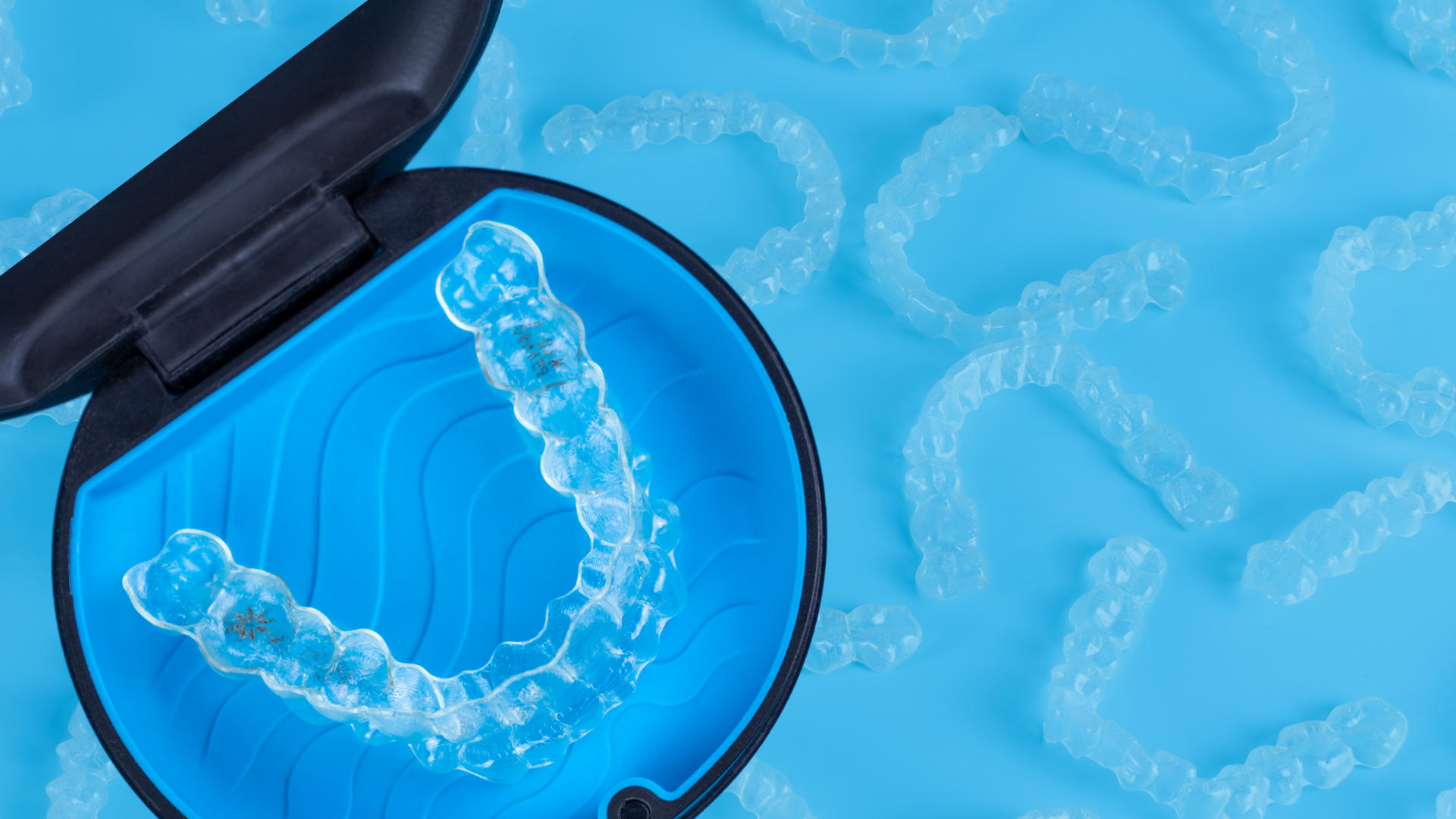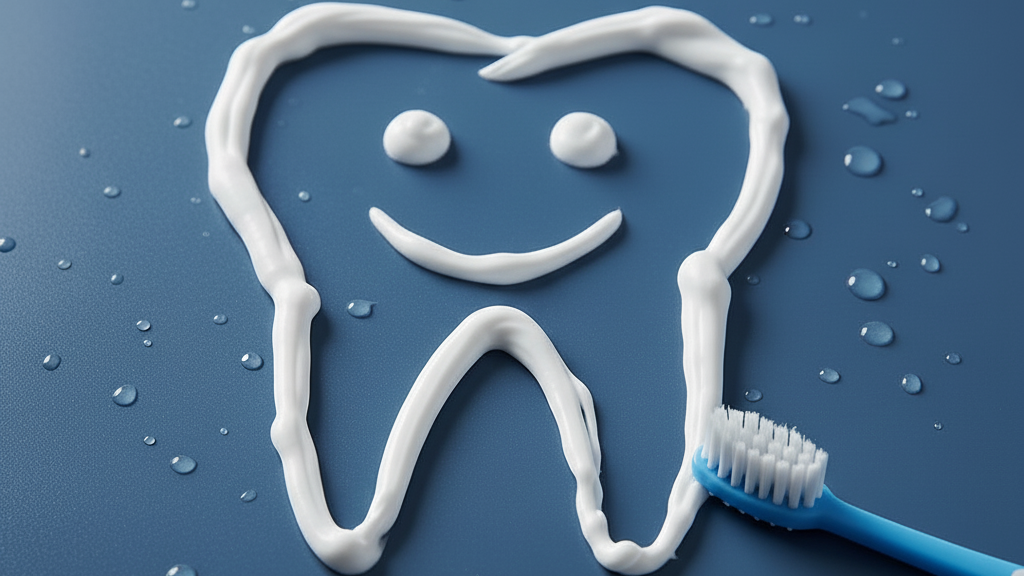Ever wondered how a system of nearly invisible, removable trays can deliver the same stunning results as traditional orthodontic hardware? Invisalign has completely redefined the path to a straighter smile by swapping out metal wires for high-performance, digital design and bespoke clear aligners. In this post, we’ll pull back the curtain on how this sophisticated technology maps out your entire transformation in advance, allowing you to achieve your dream smile with a level of comfort and discretion that was once impossible.
How Invisalign works -
Invisalign works by using a carefully choreographed series of "micro-movements" to reposition your teeth. Each custom-made tray is uniquely shaped to put strategic pressure on specific teeth, nudging them a fraction of a millimetre at a time. Unlike traditional braces that pull teeth into place using a single arch wire, Invisalign pushes them using a patented, flexible material that grips the teeth securely. Every time you progress to your next set of aligners—typically every week or two—you are moving on to the next stage of your digital treatment plan, with the trays acting as a gentle guide toward your final goal.
To manage more complex shifts, we often use "attachments," which are tiny, tooth-coloured dots of composite resin bonded temporarily to your enamel. These serve as essential leverage points, giving the aligners something to "push" against to achieve precise rotations or vertical movements. This combination of bespoke tray design and targeted pressure ensures that each tooth moves in the correct order and at the right time, making the entire journey both predictable and highly efficient.
Do you have to wear a retainer forever after Invisalign?
In simple terms, yes—wearing a retainer is the only way to permanently protect your new smile. Teeth have a memory and are held in place by ligaments that naturally want to pull them back to their original, pre-Invisalign positions. This movement is known as orthodontic relapse, and it can happen to anyone, regardless of how successful their treatment was. To keep your results intact, you’ll need to wear a retainer as instructed by your dentist—typically full-time for a short period and then every night indefinitely to ensure your teeth stay exactly where they belong.
The Do’s and Don’ts for Invisalign -
To ensure your Invisalign transformation stays on schedule and your teeth remain healthy, following a few simple ground rules is essential. Do commit to wearing your aligners for 20 to 22 hours every day, taking them out only to eat, drink (unless it is plain water), and perform your oral hygiene routine. It is also crucial to do brush your teeth before reinserting your trays after meals; this prevents sugar and plaque from being trapped against your enamel, which can lead to decay.
Conversely, don’t ever rinse or soak your aligners in boiling or very hot water, as the heat can distort the plastic and alter the precise fit required for tooth movement. Don’t leave your trays wrapped in a napkin or sitting out on a table where they can be accidentally binned or damaged; always use your protective case. Lastly, don’t use harsh chemicals or abrasive toothpastes to clean your trays, as these can scuff the material and make your "invisible" aligners appear noticeably cloudy and dull.
Achieving the smile you have always wanted is closer than you think. Now that you have seen how the technology works and how easily Invisalign fits into your daily life, the next step is to see what it can do for you personally. Our team at S3 Dental is ready to help you bring your vision to life using our advanced 3D scanning technology. Why wait any longer to find out what is possible? Contact us today to book your cosmetic consultation, where we can show you a digital simulation of your future smile and help you start your journey toward a more confident version of yourself!










